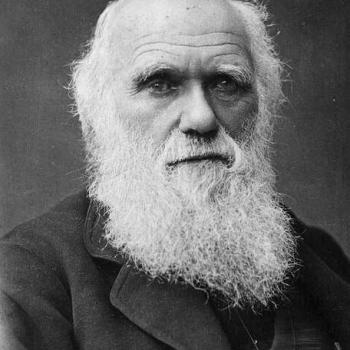And what is the initial result of hearing the reading of the Torah of YHWH? "All the people wept when the heard the words of the Torah" (Neh. 8:9). Why? One can only conclude that they were deeply moved by what they had heard, and felt that the words had convicted them concerning their actions and the ways they were living their lives in the struggling community of Jerusalem. Nehemiah, Ezra, and the Levites are said to have urged them not to weep and not to be grieved, but to find joy in the Torah, because in that "joy of YHWH is your strength" (Neh. 8:10). The people dry their eyes and do something quite significant in response to the demand of Ezra to respond to the words of the Torah. "Go your way," he says, "eat the fat and drink sweet wine and send portions of them to those for whom nothing is prepared, for this day is holy to YHWH" (Neh. 8:10). The first response to a full hearing and understanding of Torah is to think of and act for the poor, "those for whom nothing is prepared."
Would that those who stood before the Watergate in the 20th century C.E. had heard the words of the Torah from the 5th century B.C.E., and instead of attempting to steal an election for a darkly corrupt group of wily men, had thought of those many who lived in their own city who had and have nothing! How would our history be different if the ancient Watergate were better remembered than the modern one? History is rife with irony, and I find this Watergate repetition one of the more painful ones to contemplate.





